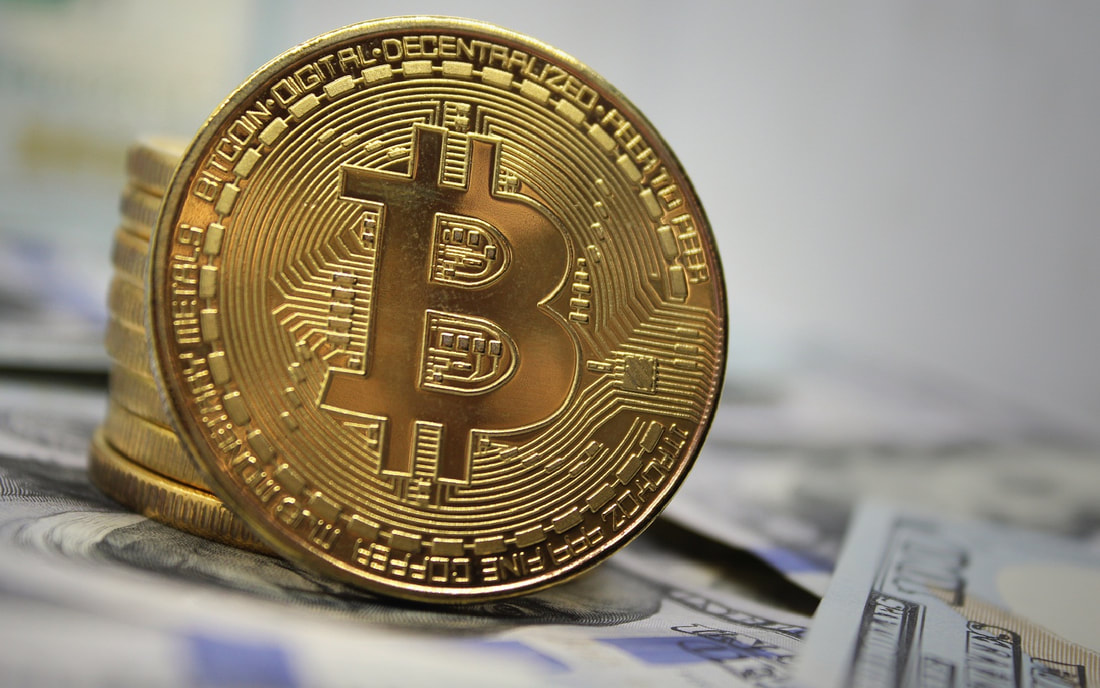Portfolio
I have a wide and diverse portfolio of work, having contributed to and collaborated with:
The Yorkshire Evening Post, The Yorkshire Times, Total Film, Total Guitar, Digital Photographer, Ethnic Restaurant,
Coaching Edge, Leeds City Council, Baseball Softball UK, Leeds Softball Association & North Leeds Life.
The Yorkshire Evening Post, The Yorkshire Times, Total Film, Total Guitar, Digital Photographer, Ethnic Restaurant,
Coaching Edge, Leeds City Council, Baseball Softball UK, Leeds Softball Association & North Leeds Life.

 RSS Feed
RSS Feed
